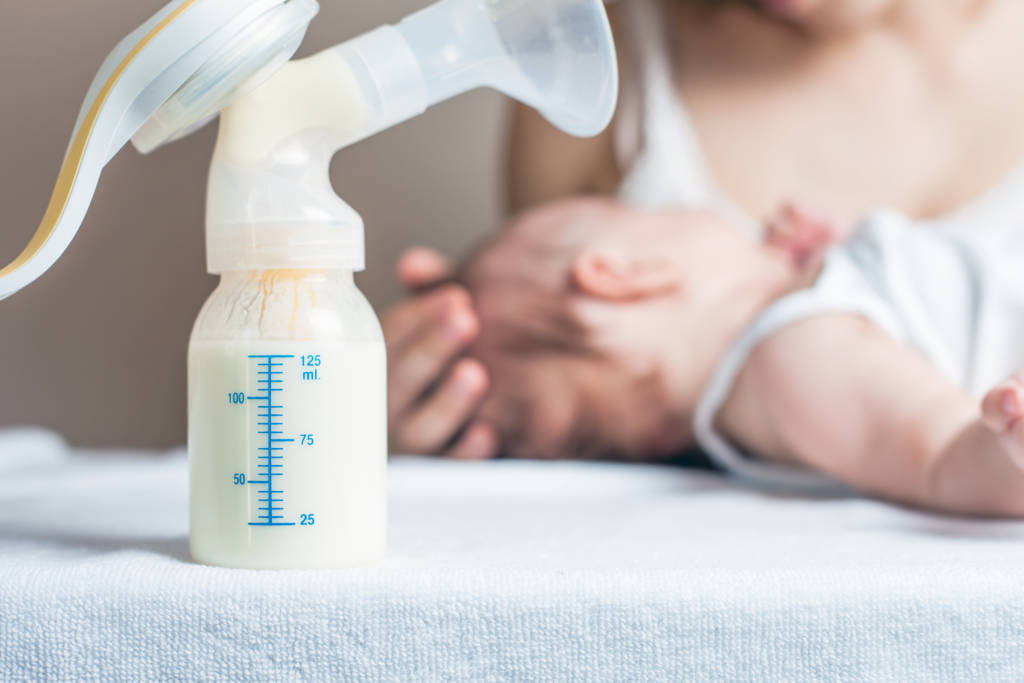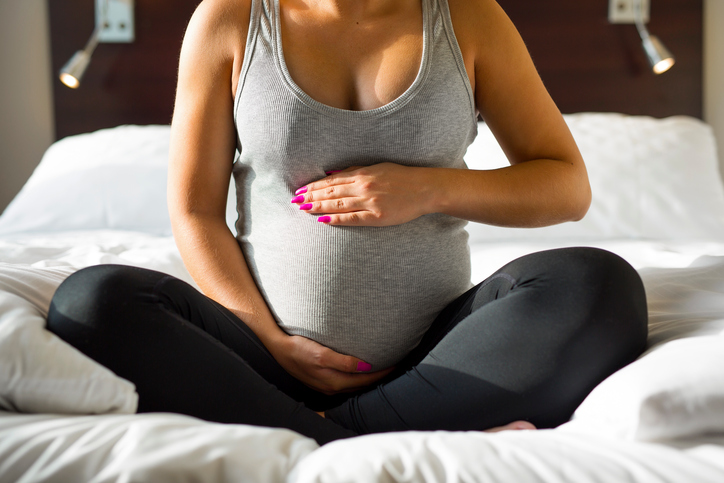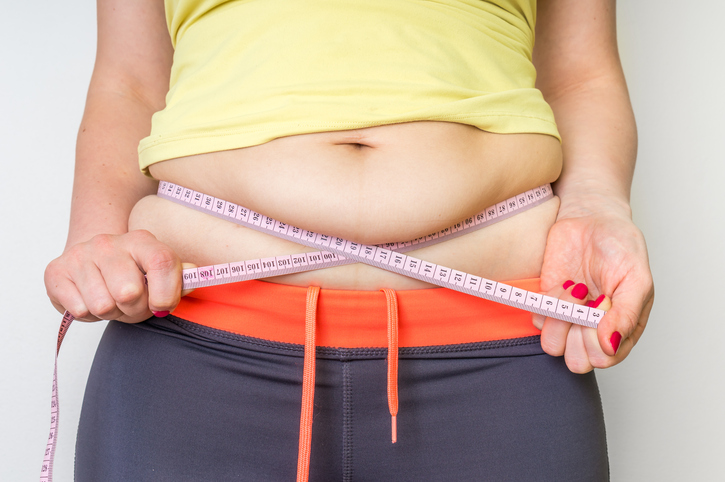In the United States, about eight in 10 mothers begin breastfeeding their babies at birth – but only about half of them are still breastfeeding after six months, according to the Centers for Disease Control and Prevention’s 2016 Breastfeeding Report Card. Less than a third, 31 percent, of mothers were breastfeeding at 12 months.
In China, breastfeeding patterns are reversed from what studies in Western populations show, according to the study. In the West, women who breastfeed are generally wealthier and more likely to engage in other beneficial health behaviors. In China, poorer women from rural areas were more likely to breastfeed longer than their wealthier urban counterparts.
A quick rundown of the study results:
–Breastfeeding mothers had a 9 percent lower risk of heart disease and an 8 percent lower risk of stroke, compared to women who never breastfed.
–Among mothers who breastfed each baby for two years or more, heart disease risk was 18 percent lower and stroke risk was 17 percent lower than among mothers who never breastfed.
–Each additional six months of breastfeeding per baby was associated with a 4 percent lower risk of heart disease and a 3 percent lower risk of stroke.
Researchers said women in the study stopped exclusive breastfeeding prematurely for several reasons, such as illness, traditions about the introduction of solid foods, the “perceived insufficiency of breast milk” and lack of or inadequate places to breastfeed in the workplace, particularly in urban China.
“Although there is increasing recognition of the importance of exclusive breastfeeding,” the study concluded, “genuine commitment from policy makers is needed to implement strategies in the health care system, communities and families, and the work environment that promote and support every woman to breastfeed. If effective and sustained, such efforts are likely to confer major benefits to the health of children and women, along with substantial cost savings.”






